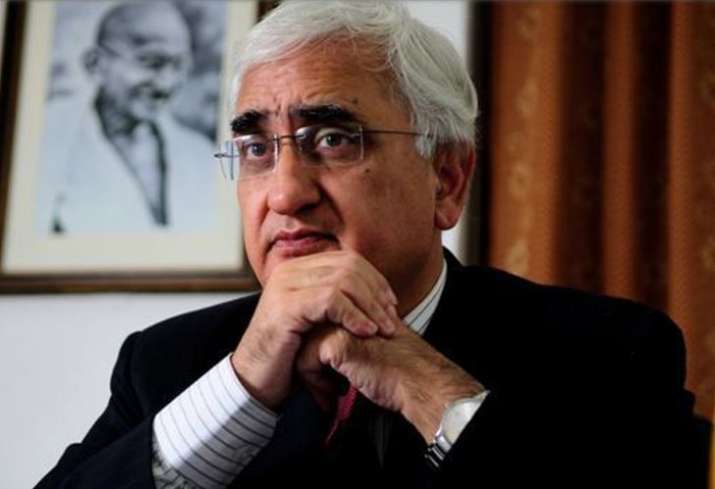Now Reading: The Dangers of Using DIY Legal Templates
-
01
The Dangers of Using DIY Legal Templates

The Dangers of Using DIY Legal Templates
“Fast and easy Legal Drafts crafted by licensed attorneys. Create and download any legally binding document in minutes to save time and money.” Have you ever seen such advertisements that promise to offer you various drafts, such as contracts, agreements, suit declarations, petitions, and many other types of drafts for the price as low as INR.999? This story discusses the legal consequences of such types of commercials that flatter you. It sounds great to save money by using these DIY forms instead of paying expensive legal fees. But what might be the downside of using these templates?
We may now readily find web adverts for 1000+ legal drafts. These businesses entice individuals with their appealing pricing schemes. Many people assume that the company and the drafts are reputable and fall into the pit far too easily because these online draft services mention that lawyers created the documents so that they can maintain their veracity. As a result, many people assume that the company and the drafts are reputable and hence rely upon such templates. To the untrained eye, most business transactions can seem redundantly identical — just a matter of pushing the right papers in front of the right eyes. But it’s misguided to assume that one legal form can fit the wide scope of diversity that exists within all companies. Every business is guided by unique goals, leaders, and circumstances that have different needs and characteristics.
The issue associated with such drafts available online is the rigidity and inflexibility of an online template. These online legal drafts are deceiving, and they may not be accepted in all places. This is due to the fact that each state’s interpretation of various law texts differs. Another prevalent problem is that some provisions can be applied in one state but not in another. It’s possible that a lawyer who has never done any drafting has generated a series of similar drafts in order to attract clients. Another disadvantage of such online drafts is that they nearly never handle a variety of potential concerns that may arise properly and explicitly.
“Communication is the key.” In this case the keys are aplenty without knowing the mechanics of the lock. Imagine trying to open a door being locked out with ready made samples from the market, based on assumption.Moreso, it’s penny wise pound foolish. Without understanding specific needs, in the long run disputes invariably arise, leaving the ‘saver’ with bundled legal cost. Business is a marathon. Unfortunately usually people looking at a short-term profit, tend to end up in a 100-meter sprint.Ashish Bhakta – Founding Partner, ANB Legal
Another issue is that these templates do not take into account the particular and circumstances of your scenario. There are no two persons or businesses that are exactly alike. If one of the drafts does not fit the situation, the court can easily dismiss it. Some of these documents are ambiguous and unsuitable for legal advice. For example, a divorce petition can be filed in a variety of ways, including mutual divorce or divorce for various reasons under Hindu or Muslim law.
These contracts are not in any way tailored to the facts of your deal. Rather, they are usually legal gibberish garnished with glitter that laypeople interpret as meaningful. The present tendency in all legal drafts is to write clearly and unambiguously according to the facts and circumstances of the case and how they demand it.
In the digitalised era, readymade contracts and agreement templates are accessible at a finger click. However, a crucial point to consider before opting to use the same would be whether it fits the requirement of one’s need as contracts are a list of terms and conditions that are to be adhered to by both the parties signing it. Moreover, each agreement and negotiated deal has ingredients that are unique to its own, thereby the same should be drafted upon consulting a lawyer instead of using a readymade contract which would fail to take into consideration the essence of the negotiated deal. The bottom line is that the key to avoid any legal tussles is to ensure that a contract is sealed at every probable loophole and consulting a lawyer would not only avoid unnecessary litigation but provide a tailor-made contract that would ensure that businesses are smooth sailing.
Sonam Chandwani – Managing Partner at KS Legal & Associates
If you’re a client, you should appreciate the value of a legal draft and the skill of a lawyer in drafting a legal document. You should not be fooled into purchasing a legal gibberish package that can be found simply online. The drafts are only a starting point; you’ll need to consult a lawyer because you’ll need to insert deal-specific words and provisions that aren’t available elsewhere. Those are the crucial provisions that help you win a case. Moreover, if you’re a lawyer who wants to develop his or her drafting skills, the ideal option is to either get a good book with major guidelines for the subject material it covers, or practice more and more, choosing a senior or mentor under whose supervision you may improve your skills.
The author here addresses a very important topic, realizing the importance of details or unique elements of a case/business in creating a legal document emphasizing the same is the difference between a good strong legal draft and a generic one.
While the availability of generic draft has come as a legal aide for the people who can’t afford to pay lawyers for the drafts but the lack of professional touch in the same has definitely lead to some grievances being encountered by the users who may end up spending their money in litigation for the lack of legal advice. I would strongly pitch that when it comes to contract/agreement drafting for any nature, professional legal help should always be sought, to avoid any future legal ramifications.
Kangan Roda – Partner, illuminIP
It’s difficult to replace the human factor. Despite the fact that the internet has played a significant part in revolutionizing, it cannot replace the legal professional’s understanding. Legal documents must be prepared or tailored to the demands and conditions of the contracting parties. The lawyer is aware of the client’s opportunities, needs, and threats, and works with them to develop legal documents that are appropriate. Just remember not to be deceived by these generic internet-drafts.
Contributing Authors: Shivani Singh, Muskan Mahajan, and Mannat Sardana (Editorial Team)









